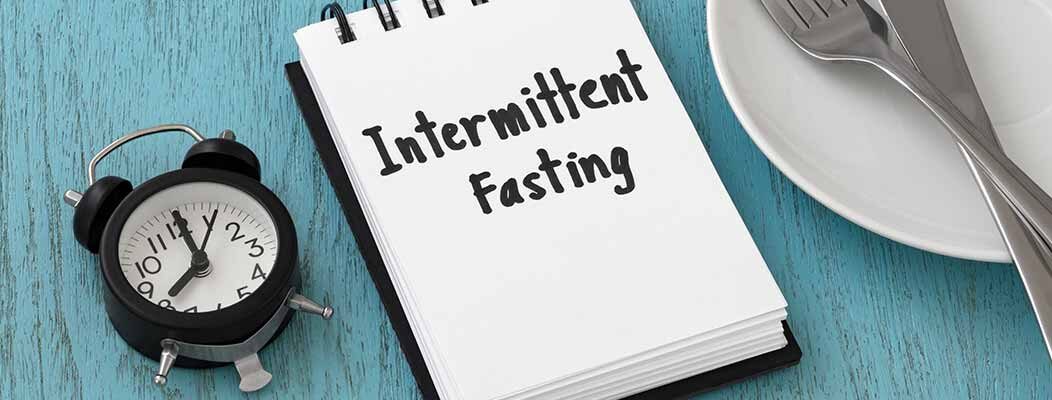5 Advantages of Intermittent Fasting
Intermittent fasting is becoming more and more popular as a weight-loss and health management tool. It has several important advantages over other approaches. Here are five of them.
1: Counting calories is unnecessary on intermittent fasting. Almost all dietary approaches involves counting calories. While this may be necessary following these short-term eating plans, it is almost impossible to do this long-term. This means that when the “diet” is over, the classical rebound fat gain is just around the corner after a period of rigidly controlling all food.
2: You don’t have to go hungry on intermittent fasting. When you are eating all your daily calories in a window of several hours, it becomes much more difficult to overeat when compared to a traditional grazing approach. If you are fasting, you are not worrying about whether a snack is okay or not. Fasting is not eating and when you break the fast, you eat if you are hungry. Simple!
3: Your body doesn’t try to hang on to its fat stores when intermittent fasting. Most dietary approaches are necessarily restrictive. Your body is permanently deprived of enough food and reacts be going into starvation mode. It hangs on to all your fat stores and slows down your metabolism, exactly the opposite of what we want. However, when you can eat to satisfaction as is the case on a fasting diet, your body responds by continuing to drop body fat.
4: An intermittent fasting diet is less restrictive than other diets. Lets be clear here, if your idea of good food is a burger and fries, nothing is going to help you until you change your perception. However, it is perfectly possible and even helpful to have some leeway in what you eat. Sure, start with your protein and veggies, but some of what you like has some interesting and positive hormonal effects if you are trying to get lean or even build some muscle.
5: An intermittent fasting diet adapts to you. This is the real beauty of this approach. Instead of trying to find exactly the right number of grams of carbs or whatever at 10 am, you fit your daily fast to your life and goals. Some find a 16 hour fast from evening until the next day at lunch time works best. Others prefer a 24 hour cycle or even a 4 hour eating window. All of these are possible and have different advantages. It is a lifestyle rather than a diet.

